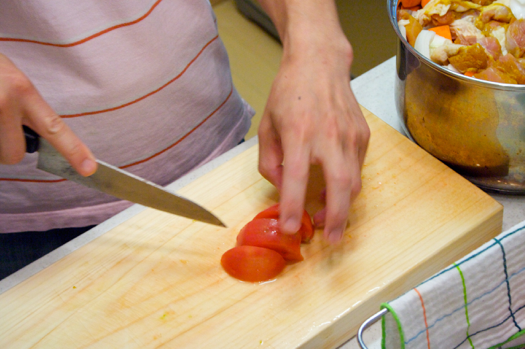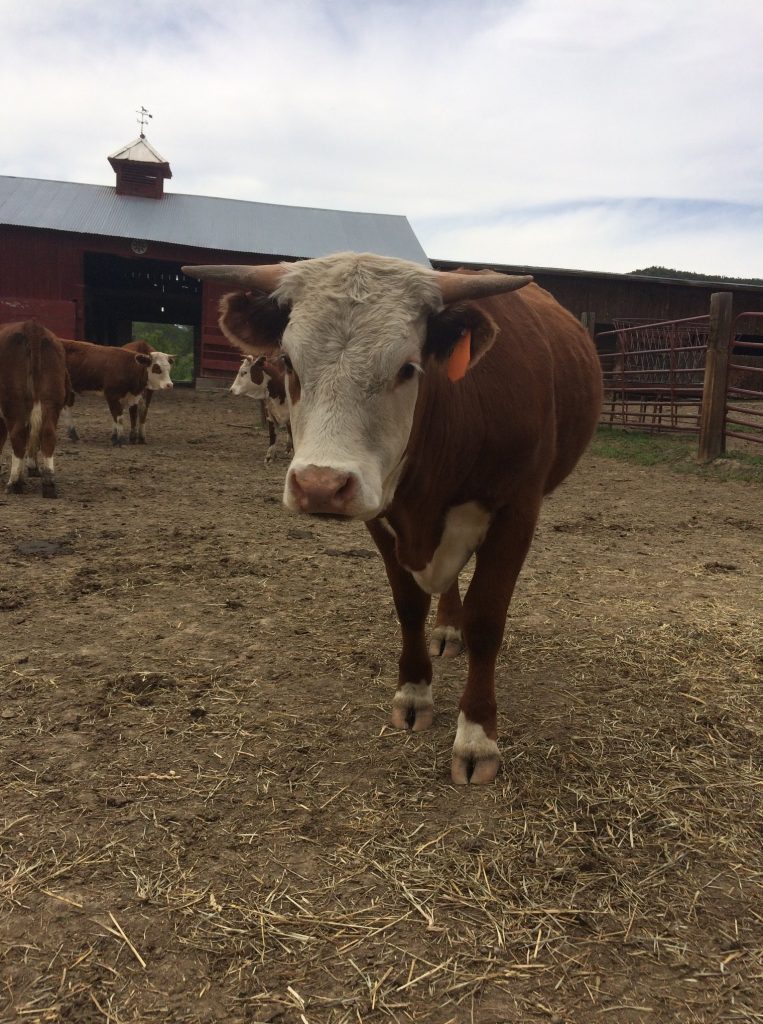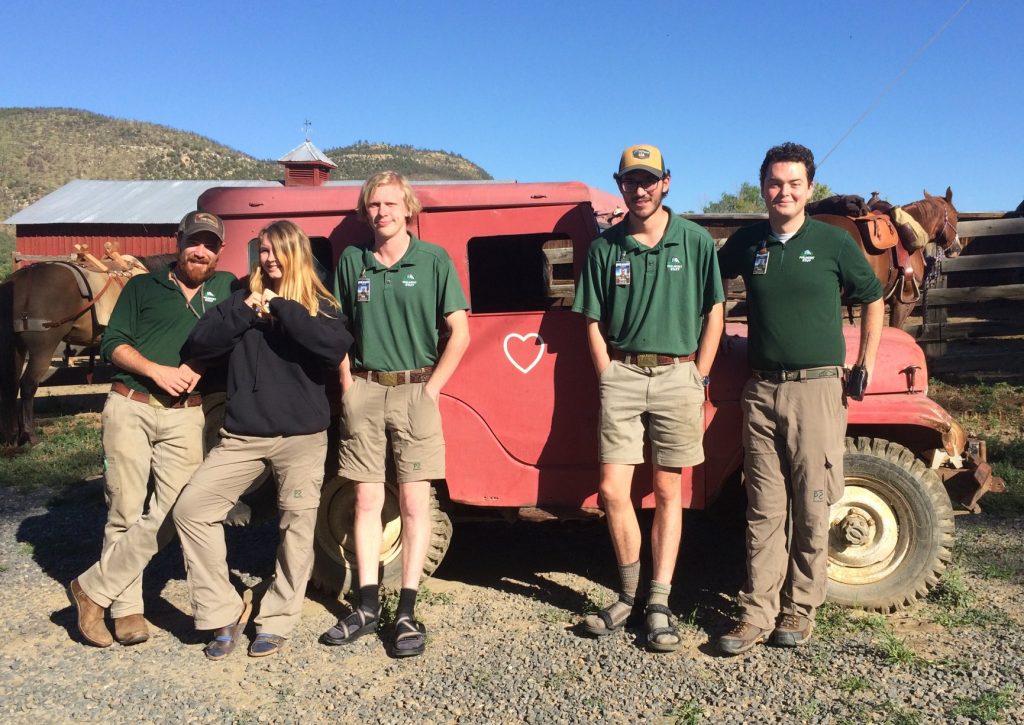Written by Gina Mantica, Biology Ph.D. Student
Do you ever feel stressed or burnt out in grad school? You are not alone, and Tufts Graduate School of Arts and Sciences provides a diverse array of mental health services to help you on your journey to completing your degree. With on-site professional counseling, guided meditations, free courses on mindfulness, and the occasional visits from therapy animals—Tufts provides support to help its graduate students succeed.
What else can you do? Well, you could take a break from work — you could go on vacation, sleep in late, read a book that has nothing to do with your thesis, and get some much needed (and deserved) rest and relaxation. However, all of these things take time. When time is short and you find yourself putting that new mandolin slicer into your Amazon shopping cart with a whisper of “treat yo’self” to homemade potato chips as a quick pick-me-up, think twice. While homemade potato chips are indeed delicious, there are other impulse buys that science suggests could boost your mood. Without further ado, here are 5 impulse buys that might cheer you up without breaking the bank.
1. An Essential Oil Diffuser
As a scientist, I’m not one to praise the use of essential oils for medicinal purposes. However, several studies suggest that essential oils can lead to improvements in mood. Two of the most popular essential oils for relaxation are eucalyptus and lavender, and whether the mood effects are placebo or not, they DO work! Turn on some slow acoustic music on Spotify, and BANG- you’ve got yourself an at-home spa experience. Before plugging your new toy in and turning your apartment into a wonderfully smelly day spa, make sure to check with your roommate.
2. An LED Desk Light

Okay, this one is backed by science. Exposure to fluorescent lighting all day, every day (and sometimes night) without sunlight is bad for your health. Fluorescent lights are blue lights, and such cold-colored lighting can trigger the fight or flight response in humans, increasing our stress levels. While we as graduate students cannot really change the fact that we have to work inside at desks, we can try to decrease our stress response to light. Buy a full-spectrum LED light that you can put on your desk to try to counter all those bad fluorescents!
3. An Activity Tracker

Michelle Obama did not spend time and effort creating the “Let’s Move!” Campaign so you could sit on your bed watching Netflix all day. Doing aerobic exercises for 30-60 minutes will cause your body to release endorphins in your brain. Endorphins are chemicals that can give you a sense of euphoria. Additionally, during exercise your body pumps out endocannabinoids. Endocannabinoids are, yes, related to cannabis. They are naturally made chemicals in the body that bind to the same places in the brain as THC in weed, causing you to feel calmer and more at ease. So, buy a fitness tracker to compete in exercise challenges against friends and improve your mood at the same time.
4. A Meal Delivery Subscription
Nutrition is important—I’m sure you’ve heard it before. We hear it all the time growing up, from our parents, our teachers, and our coaches. But did you know that what you eat can actually affect how you feel? Processed foods and sugary snacks, while delicious, do not help us. Research suggests that eating a diet high in fruits, vegetables, and unprocessed grains can lower the risk of depression. One hypothesis is that this happens through a chemical that is primarily produced in your gastrointestinal tract called serotonin. Serotonin regulates sleep, appetite, and most importantly in this case: mood. So, if you want to impulse-buy takeout from Pini’s Pizzeria think twice. Instead, consider signing up for a Meal Delivery Service like EveryPlate-where the meals are cheap, the ingredients are fresh, and you can help your body and maybe your mood!

5. A Coloring Book

Adult coloring books are a great way to reduce anxiety. Additionally, HELLO NOSTALGIA. Do I need to say more?
So, if you’re feeling overwhelmed, stressed, depressed or any combination of those three things, remember that Tufts has services available to help you conquer graduate school. Reach out to friends, family, and counselors for support. But also remember that these scientifically-backed, feel-good products can also provide an outlet if you’re ever in need of a little mood boost.







